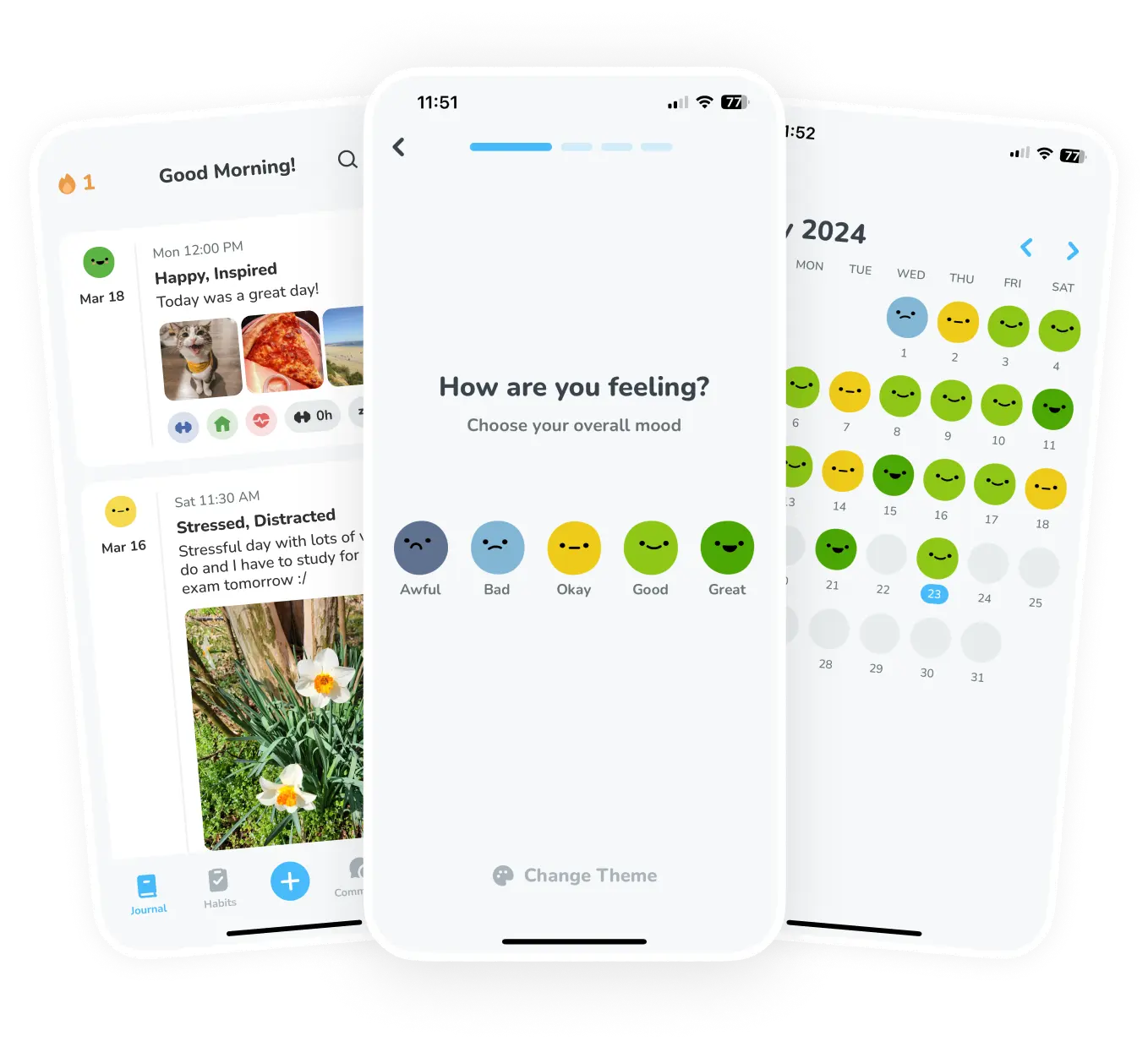This year’s Juneteenth falls upon us. June 19 th is the day in which the abominable practice of the slave trade came to an end in America, and People of Color in the United States had their first taste of true freedom. But while, the time comes to celebrate both this and the many other triumphs of the African American community, it is also the time to remember it’s struggles. Both in its past, and the ones that persist in the modern day. Perhaps, one of the most persistent struggles that Black Americans have faced for years is the ongoing conflicts with the mental healthcare system.
The Hurdles of African American Mental Illness treatment
For those who know their Black History, it probably shouldn’t come as that much of a surprise that, as can be said of many American institutions, the black community has not gotten the fairest shake from the institution of Psychology. The Columbia University Department of Psychiatry states that Black adults are 20% more likely to experience anxiety and depression, while in 2020, a study by the Substance Abuse and Mental Health Services Association stated that only one in three of those affected actually receive treatment. Of course, Poverty is a significant factor in this. Many Black people who have been systematically placed in low-income neighborhoods and households lack the funds needed to pursue consistent Healthcare in general, let alone mental healthcare. Not to mention the impact such living circumstances have on one’s mental state. The other obvious factor is the trauma of widespread reported racial attacks against Black people in America including numerous incidents of police officers attacking and killing black suspects. How easy it can be to run into inflammatory anti- Black content and rhetoric on social media platforms. Seeing such aggression and discrimination or even facing it themselves on an almost daily basis is enough to give anyone the slightest bit of anxiety.
Black Community’s Relationship with Mental Health
These issues can result internally as well. There is a stigma within Black communities against pursuing mental health treatment. Part of this is born from a lack of trust in those involved in Psychology. Which is not without good reason, Psychology had a history of malicious actors within its field, painting Black people to be inherently less stable than white people. Some psychologists were more likely to diagnose the symptoms of Black patients as being psychotic, compared to white patients with the same symptoms. 1 However, it can also come from a place of insecurity. A desire to not
be seen or to not see oneself as “crazy.” A preference to bottle up one’s issues and pretend they aren’t there so as to not break the appearance of normality. It’s something that many people who suffer from these troubles deal with but resonates significantly with the history of how black people have been stereotyped and villainized in history.
The Importance of Representation in Mental Health
There is arguably no field where it is more important to see oneself represented than in Psychology. Many of the issues related before in this blog post have been linked to the unique state at which the Black community stands in America. What better way to get the help you need regarding these subjects, than from someone who can relate to you on them? Someone with a deeper understanding of your experiences, and your place in the world as a Black American? The good news is, there are more and more options out there for people of color. Many resources exist tailoring in helping African with mental health issues, such as the Call Blackline Helpline, The Boris Lawrence Foundation, FindHelp.org. and more. Many institutions dedicated to guiding young black and BIPOC people towards easy to afford, Black psychologists and counselors which can be found on the Prosper App. But, if Juneteenth is to remind us of anything, it is that there always must be more work done. There must be more Black people in Mental Health, there must be more information and research done on how to tackle Black issues. There should be more done in our country to support those most in need in these communities.
Nevertheless, be sure to enjoy your Juneteenth…and as you do remember on this day, that with enough work, a brighter future is in store.
1 Auguste E, Bowdring M, Kasparek SW, McPhee J, Tabachnick AR, Tung I; Scholars for Elevating Equity and Diversity (SEED); Galán CA. Psychology’s Contributions to Anti- Blackness in the United States Within Psychological Research, Criminal Justice, and Mental Health. Perspect Psychol Sci. 2023 Nov;18(6):1282-1305. doi: 10.1177/17456916221141374. Epub 2023 Feb 8. PMID: 36753574; PMCID: PMC10715736.


